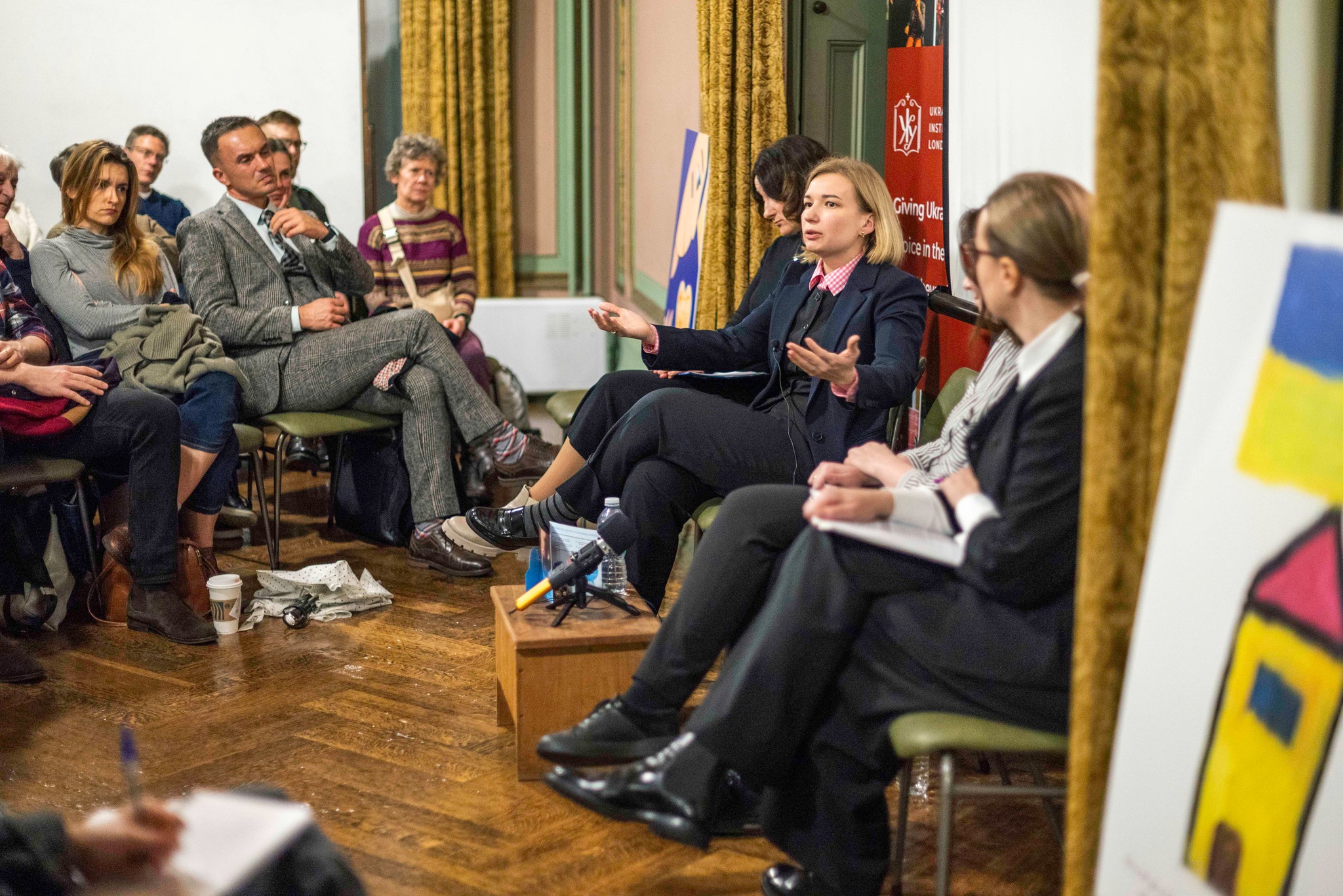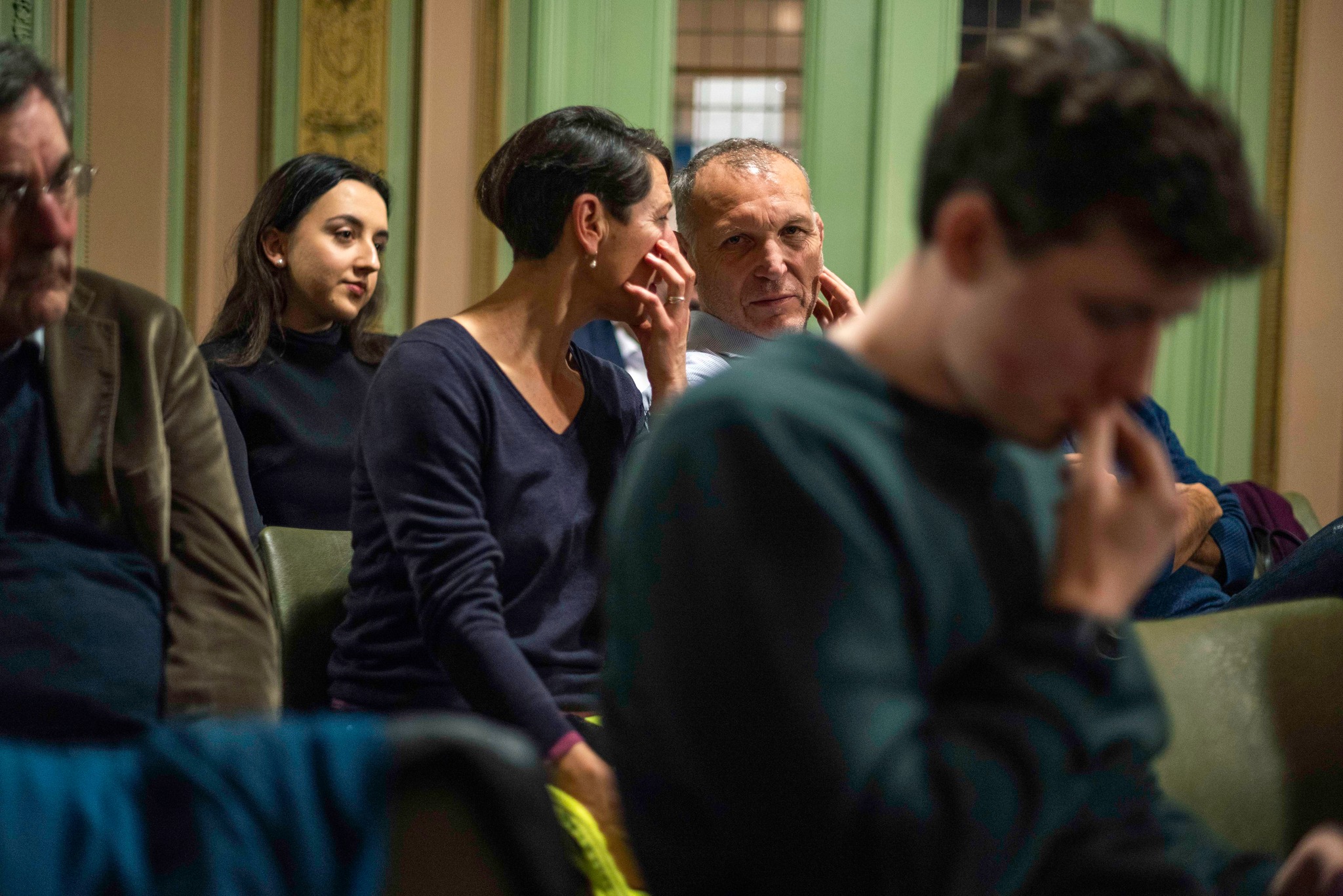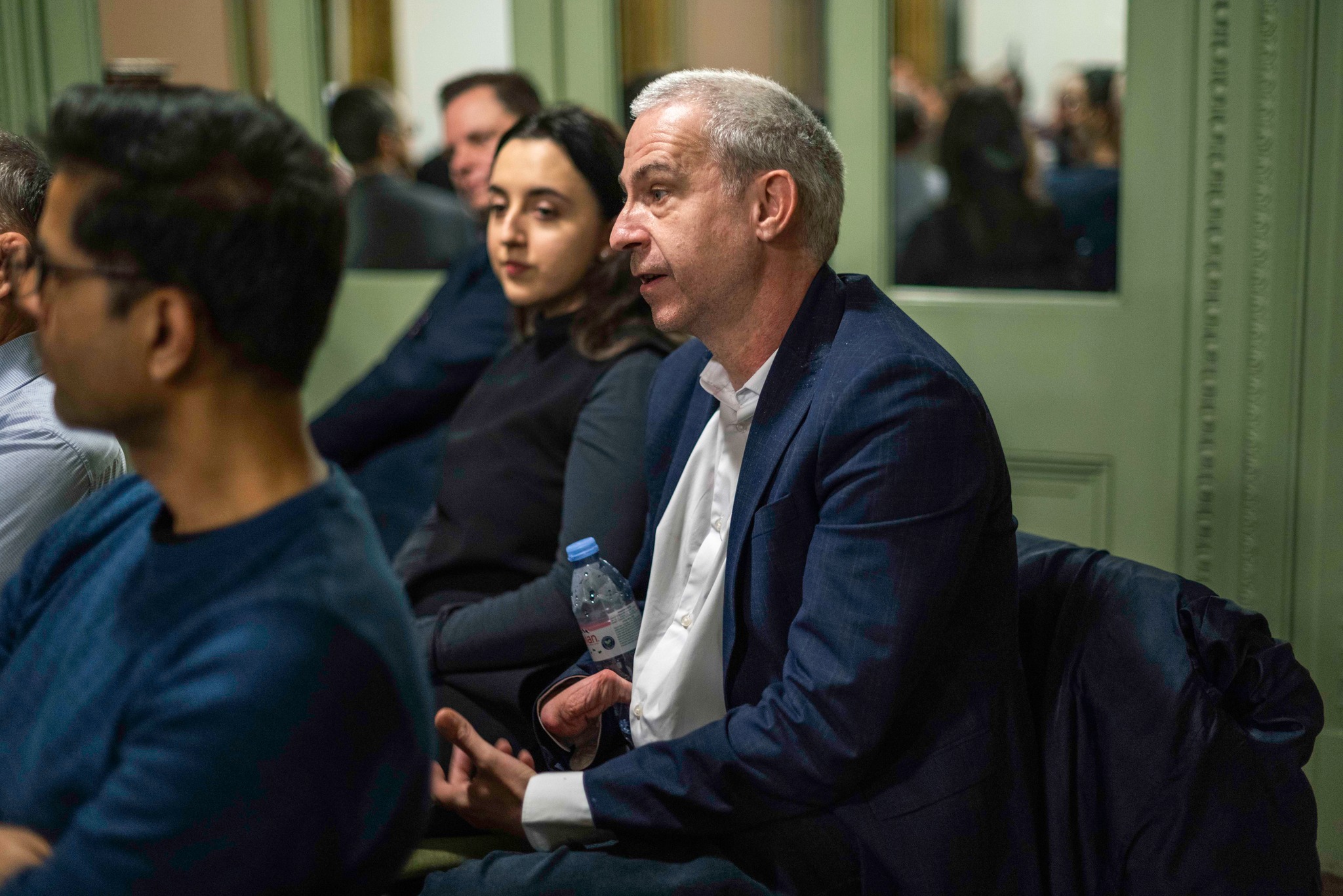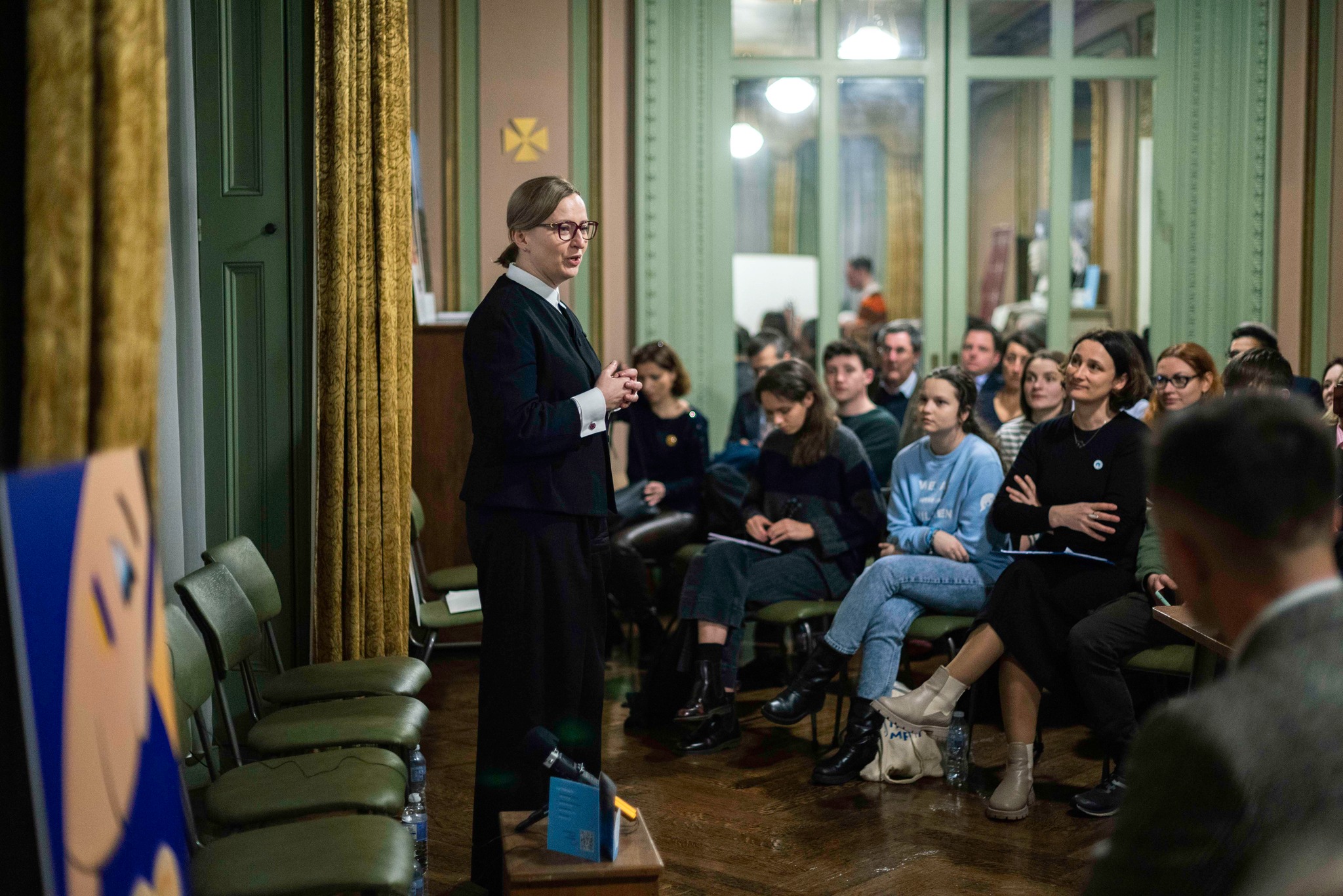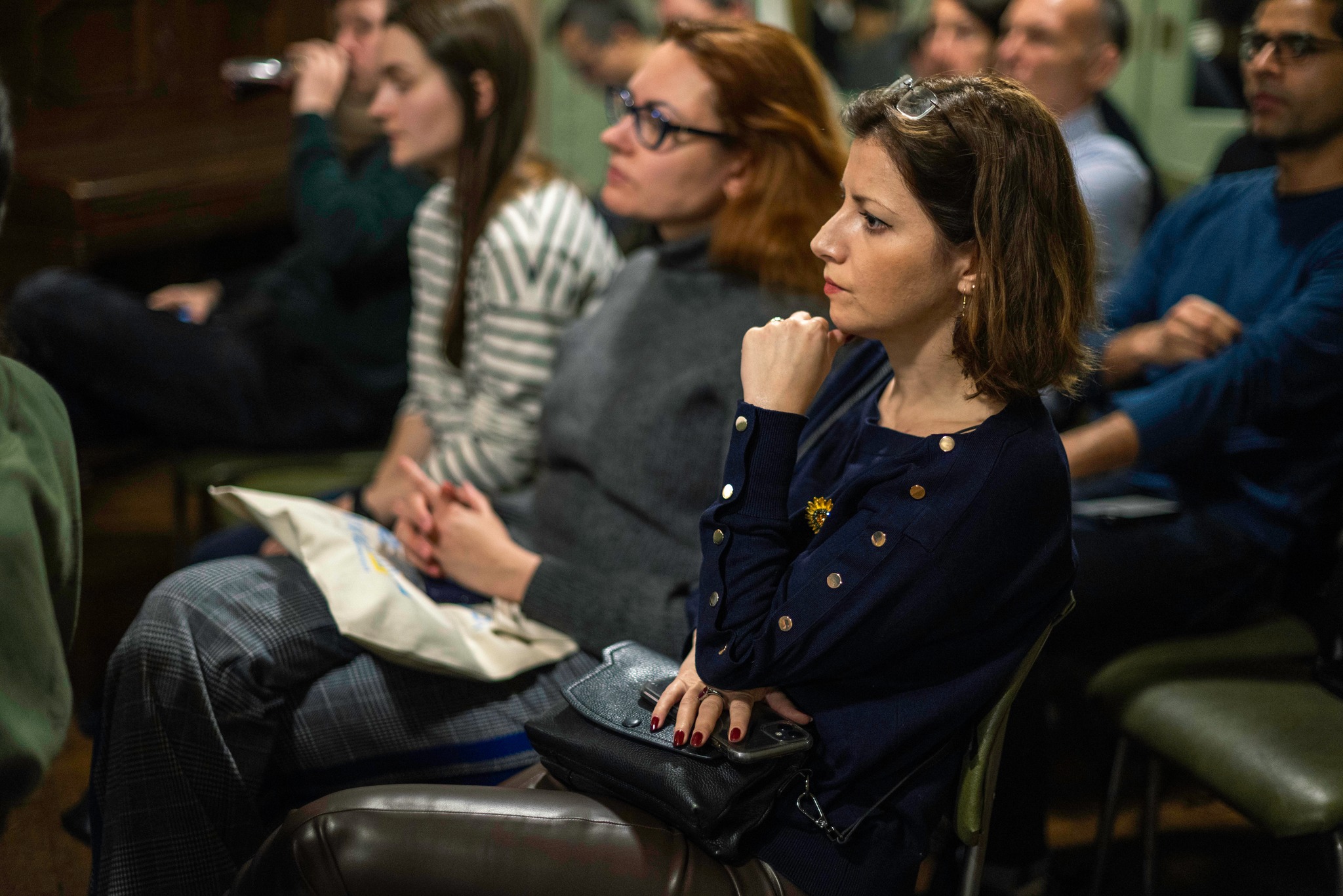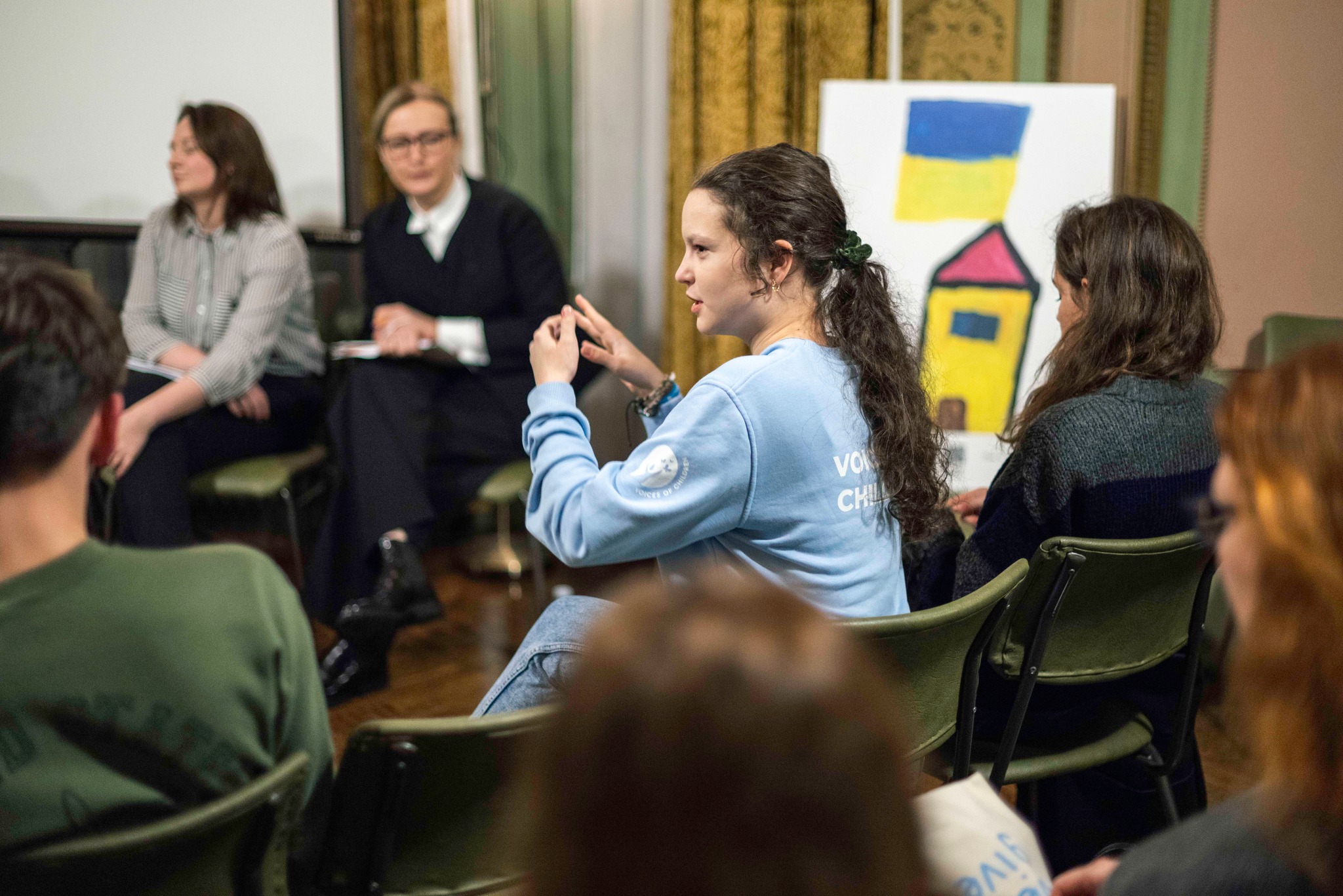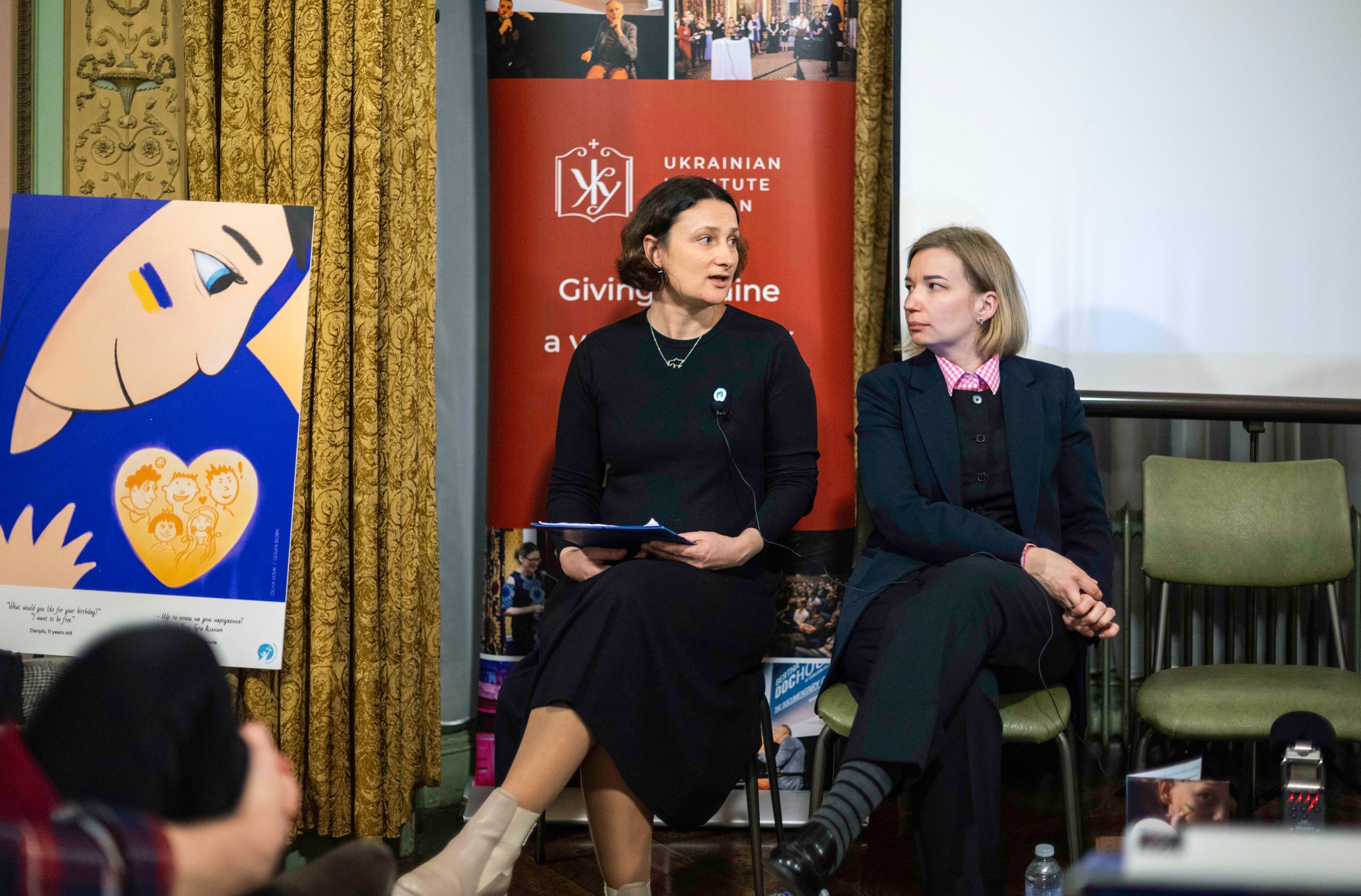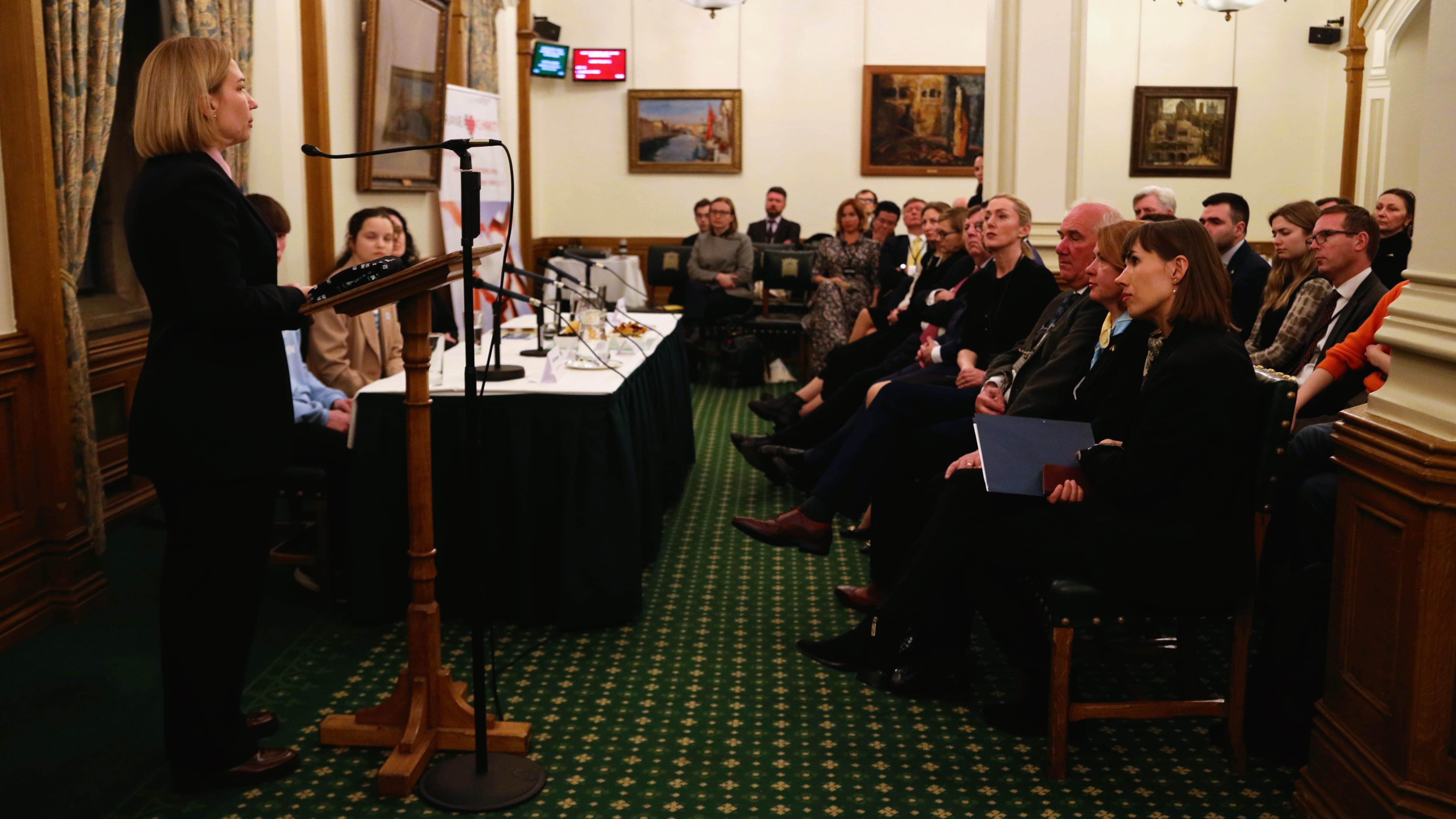In London, on the eve of the second anniversary of Russia’s full-scale invasion, a Ukrainian non-governmental delegation worked on tasks related to enlightening partners and activating support for the investigation of war crimes and justice for senior Russian officials. The Civil Network OPORA, the charitable foundation “Voices of Children,” and the International Centre of Ukrainian Victory organized a series of hearings and events in the British Parliament and the Ukrainian Institute London for various audiences. They also participated in bilateral meetings with government officials and parliamentarians, urging them to support the #MakeRussiaPay campaign for the confiscation of frozen Russian assets.
The February 19 and 20 parliamentary events were organized jointly with the initiative ‘Global Friends of Ukraine.’ They aimed to inform politicians about the destructive impact of the war, focusing on the personal experiences of Ukrainian children who witnessed the actions of the occupying authorities in Mariupol and Kherson first-hand. Sensitive topics regarding children’s lives alongside war, and the suffering of civilians due to the destructive actions of Russian armed forces in the destruction of the energy system to provoke irreversible migration, are evidence of the genocidal nature of the war. Russia not only destroys cities and kills Ukrainian citizens but also attempts to rapidly influence a change in the identity of the population remaining in the occupied territories and subsequently engage them in combat against their people.
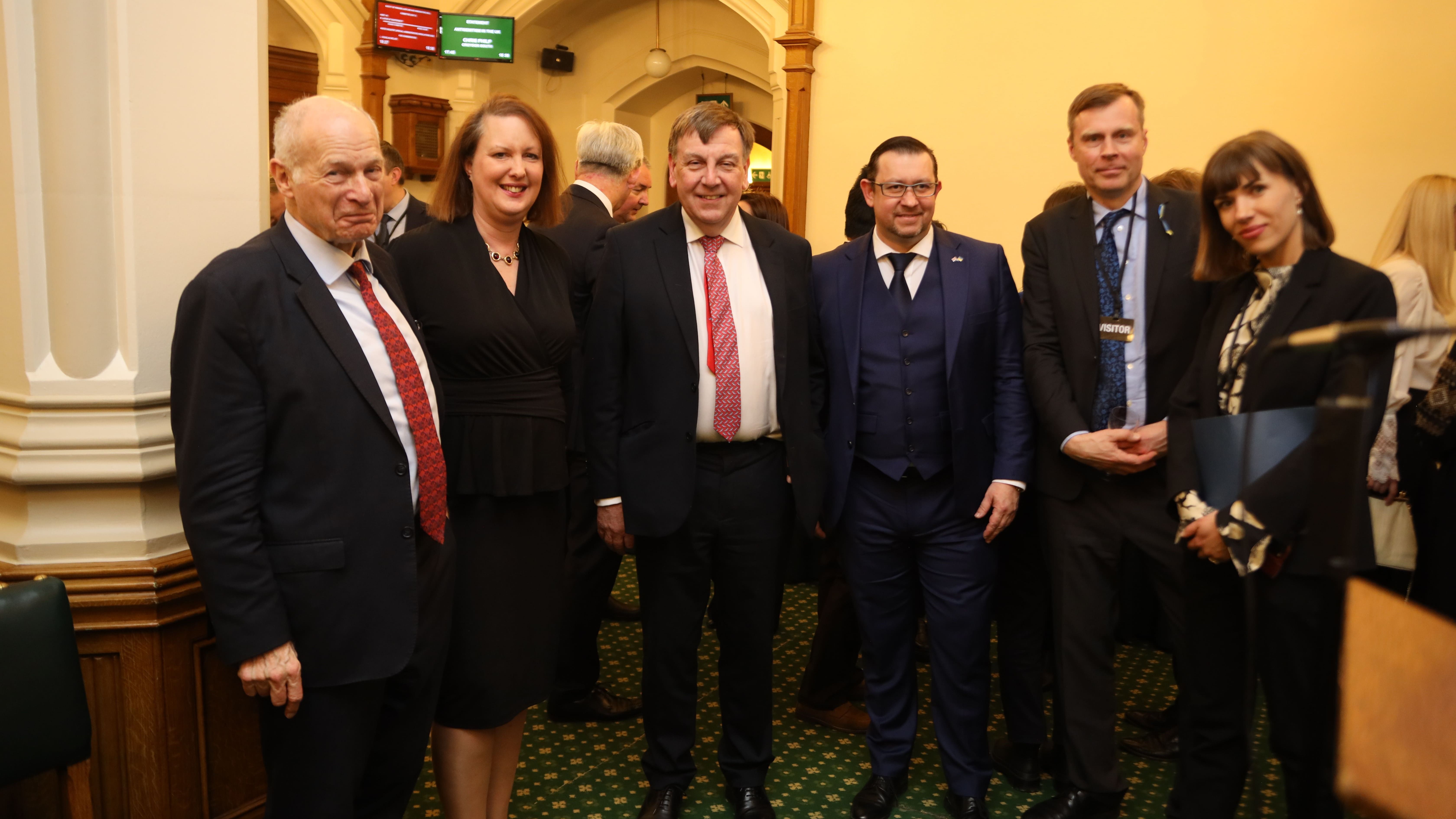
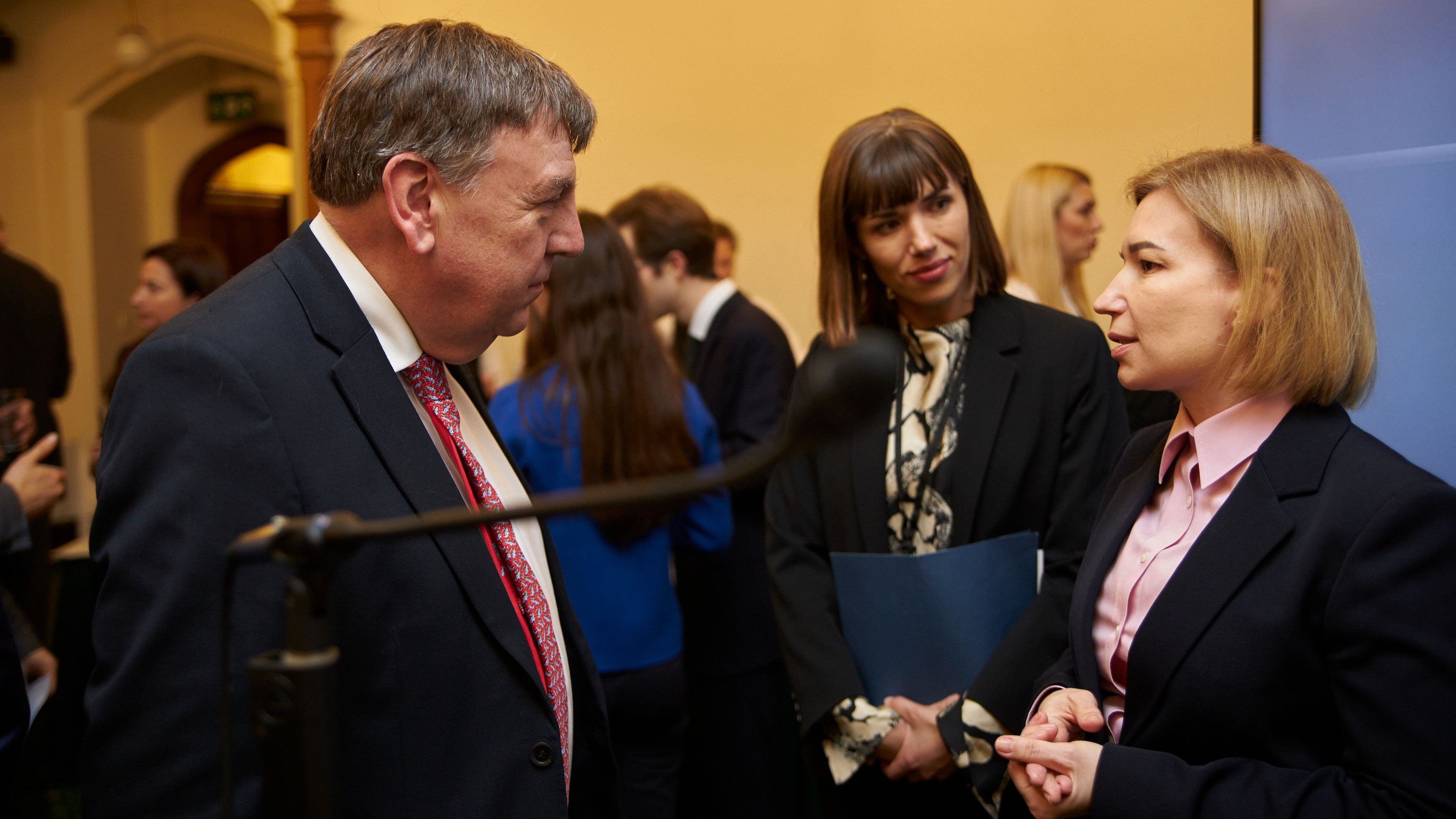
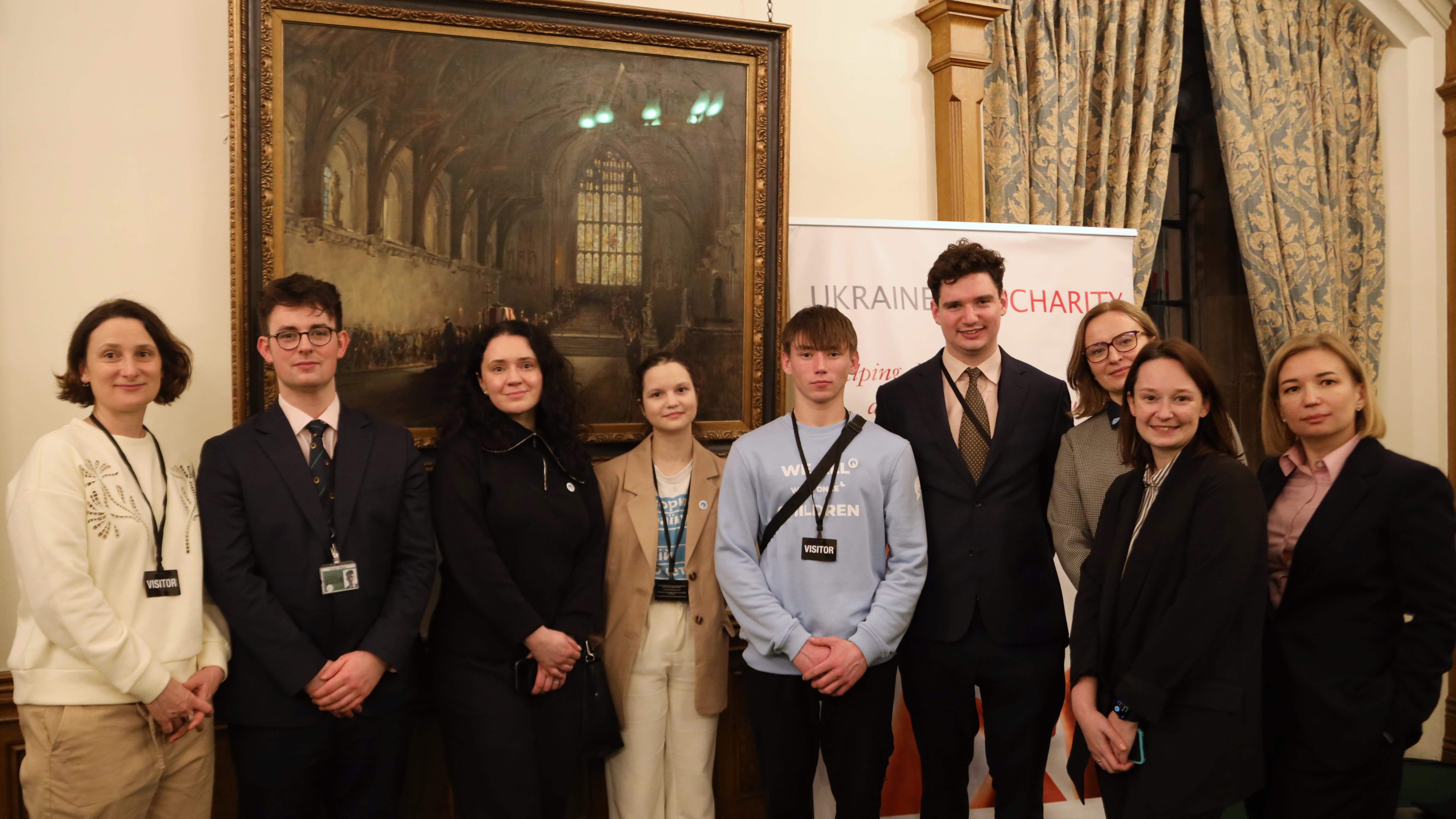
The events were attended by members of Parliament and officials from the United Kingdom, including Harry Fox from the International Justice and War Crimes Team (Ukraine) at the Multilateral Directorate for Human Rights of the Foreign, Commonwealth & Development Office, representatives from the Home Office of the United Kingdom, Attorney General for England and Wales Victoria Prentis, the Chargé d’Affaires for Ukraine in the United Kingdom and Northern Ireland Edward Fesko, as well as representatives from international organizations, analytical centers, experts, journalists, and members of the Ukrainian community in the United Kingdom.
Victoria Prentis, Attorney General for England and Wales, stated during the parliamentary committee hearings: “We’re plugging on the ground with evidence gathering. We’re learning and have used this to help train your prosecutors and judges. I think some of the work that you’ve done on sexual violence in conflict has been really ground-breaking and extraordinary. We could all learn from it. I love what you’re doing in that regard, and I think it’s really important that we help you to get it right. The ICC indictments are already having some effect. Yes, we haven’t got Putin on trial yet, but the ICC indictments are stopping him from travelling because as soon as he goes to a country that’s a signatory, he has to be arrested. This also demonstrates that the world finds some actions unacceptable and will not cope with them. The ICJ case, where I represented the UK’s position, is also a start. It was a very peculiar case to appear in. The Russian way in which they argued their case was frankly extraordinary and involved a lot of photographs from 1945, which have nothing to do with the current conflict. Something that Ukraine has long asked for is a Special Tribunal for the crime of aggression. I’m afraid we are still talking about that with our friends and allies. We have a proper group that discusses this, and they make progress every time they meet. We’ve identified a building and a place and worked out how this might dovetail with other parts of the accountability piece. So, I think progress will probably continue to be made. However, we have to ensure that what is happening in the ICC fits well with what happens in any tribunal set up for the crime of aggression. We’ve got sanctions. At the moment, a lot of money is frozen, but we can’t get it in the way we want for the reconstruction of Ukraine. This is difficult legally. But I have noticed a real desire on the part of the international community, particularly the G7 and other people, who want to push that work forward. In the meantime, we set up a scheme whereby, if you’re sanctioned, you can voluntarily give your money to the Ukrainian reconstruction effort. We’ve also passed some laws that can force people to tell us what money they’ve got, and we are using those funds”.
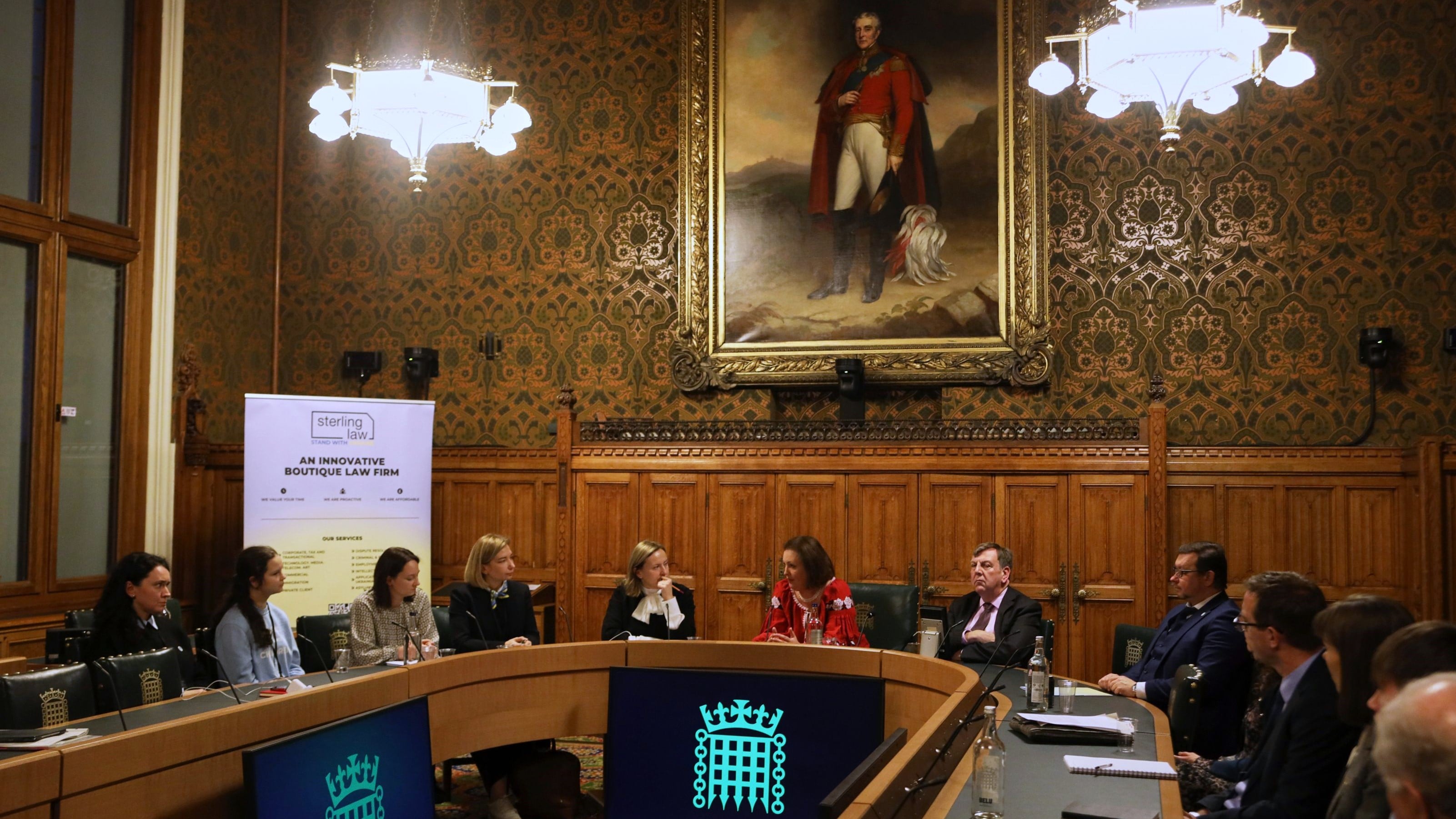
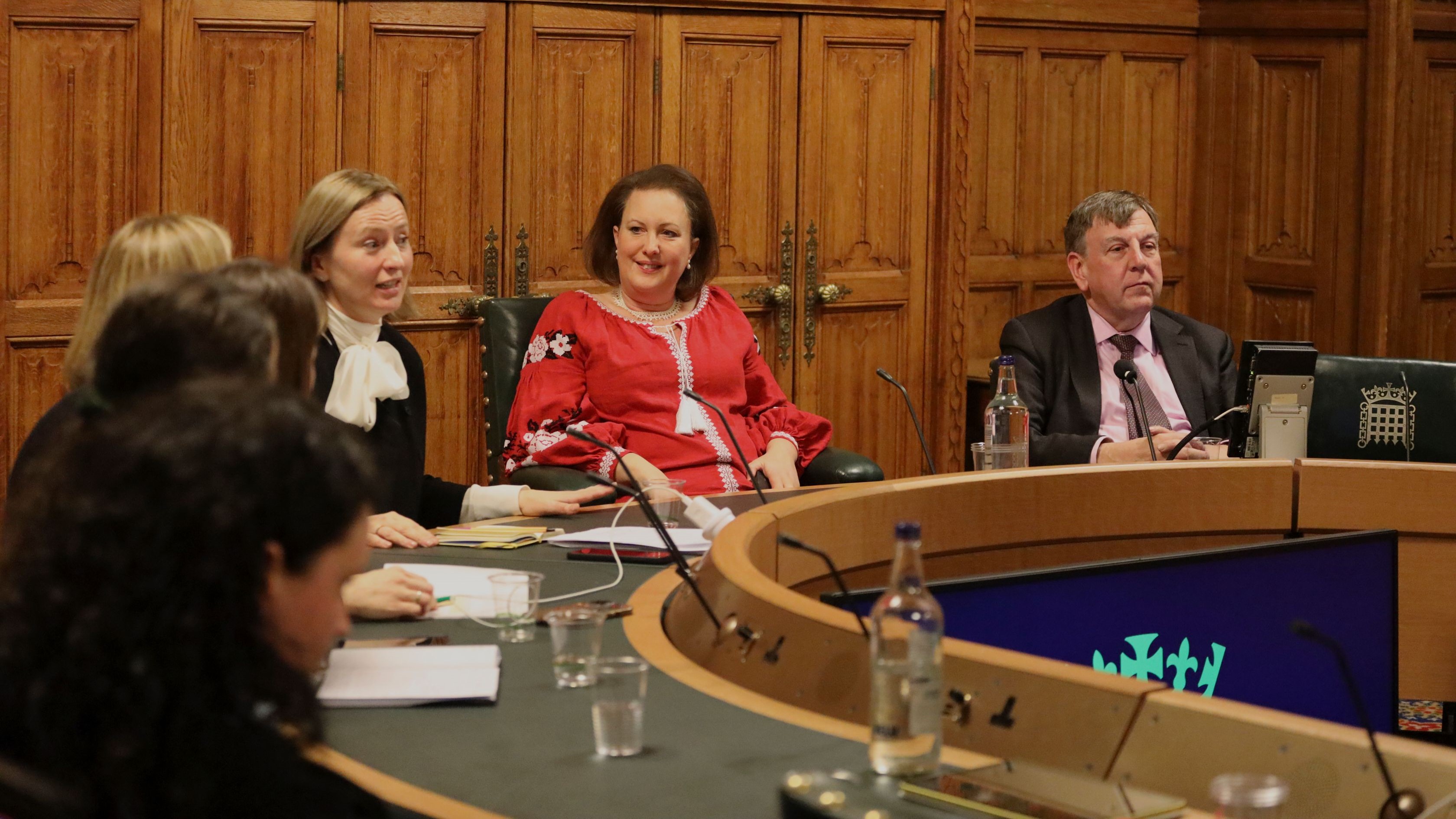
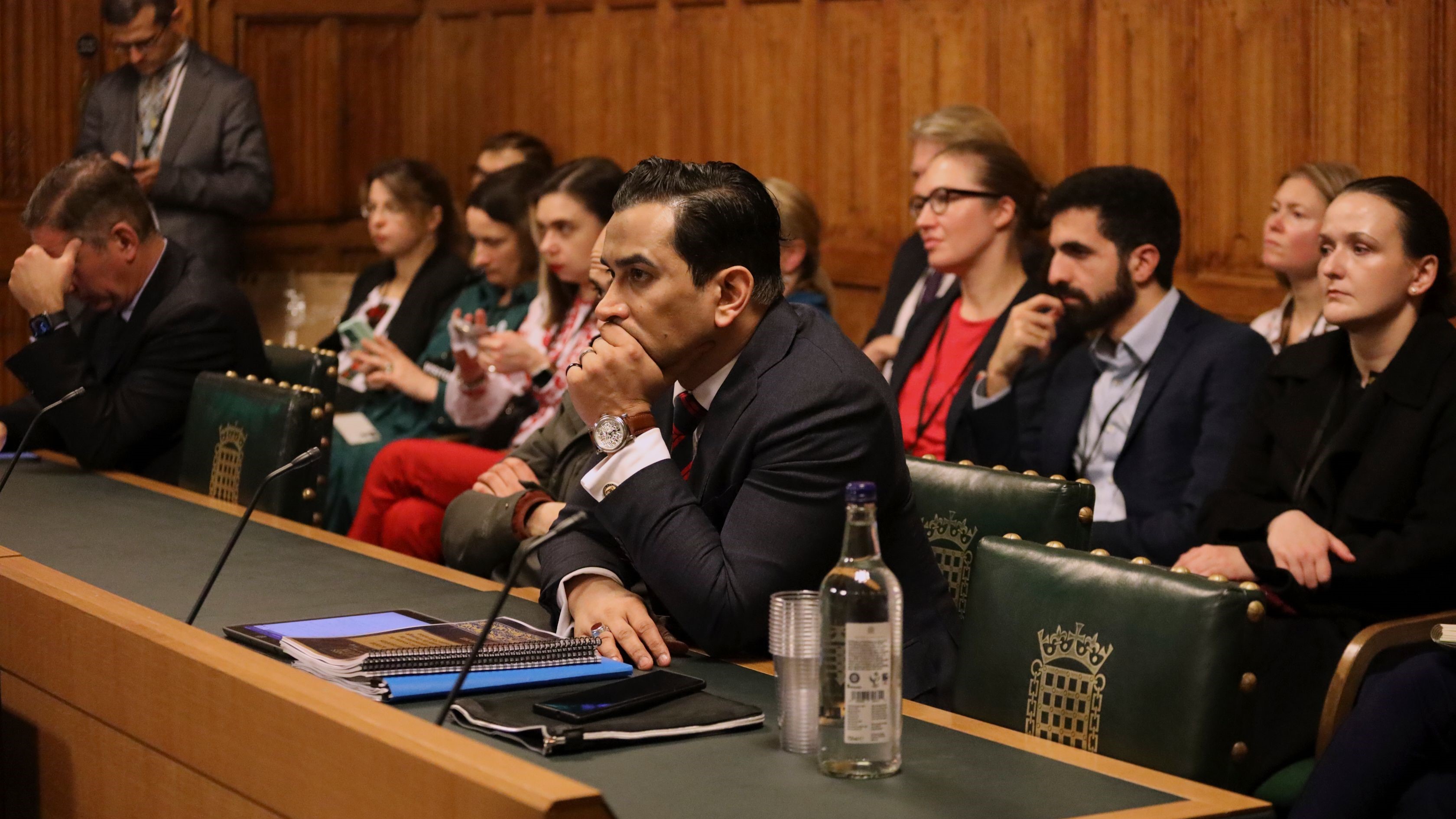
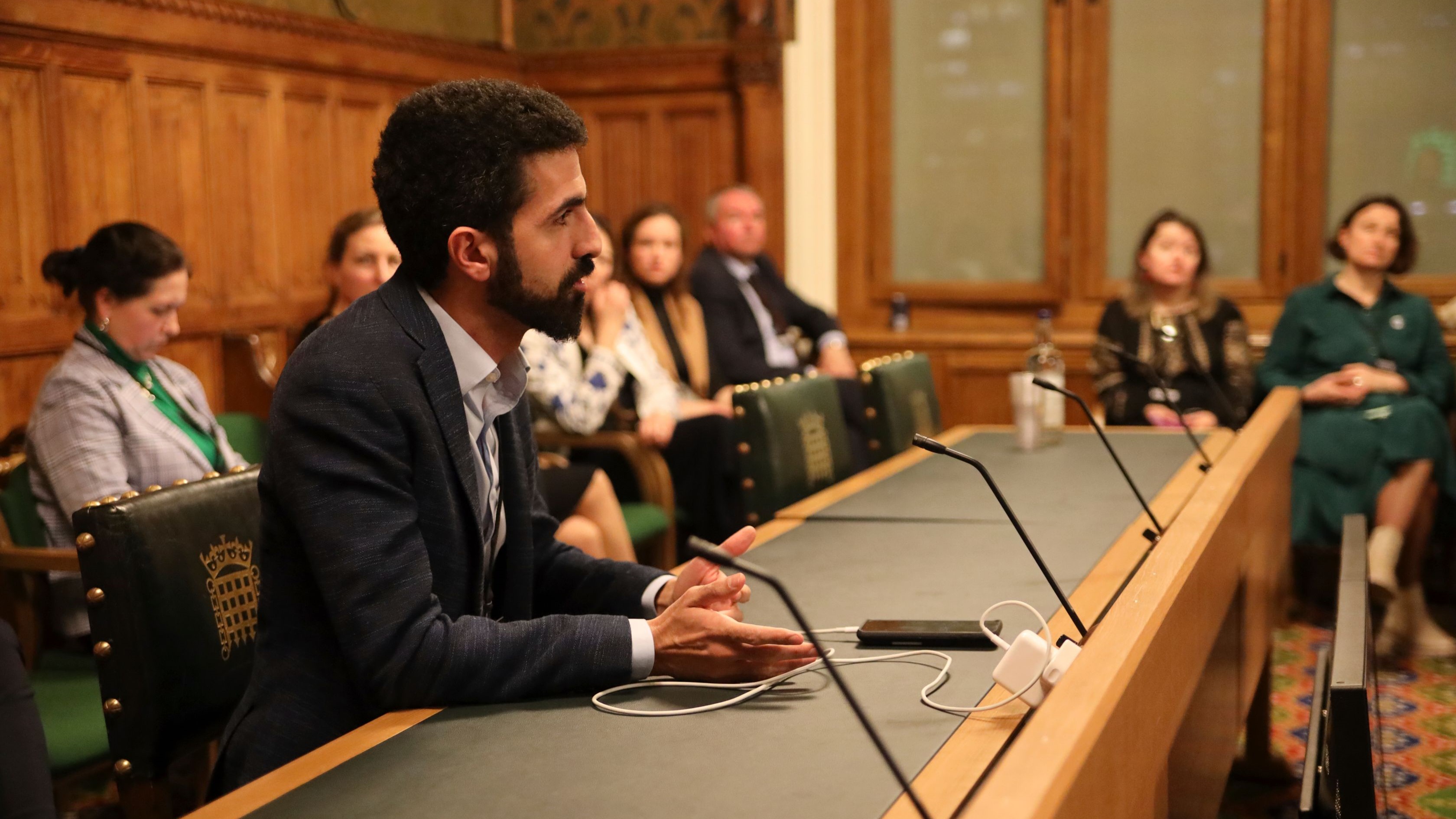
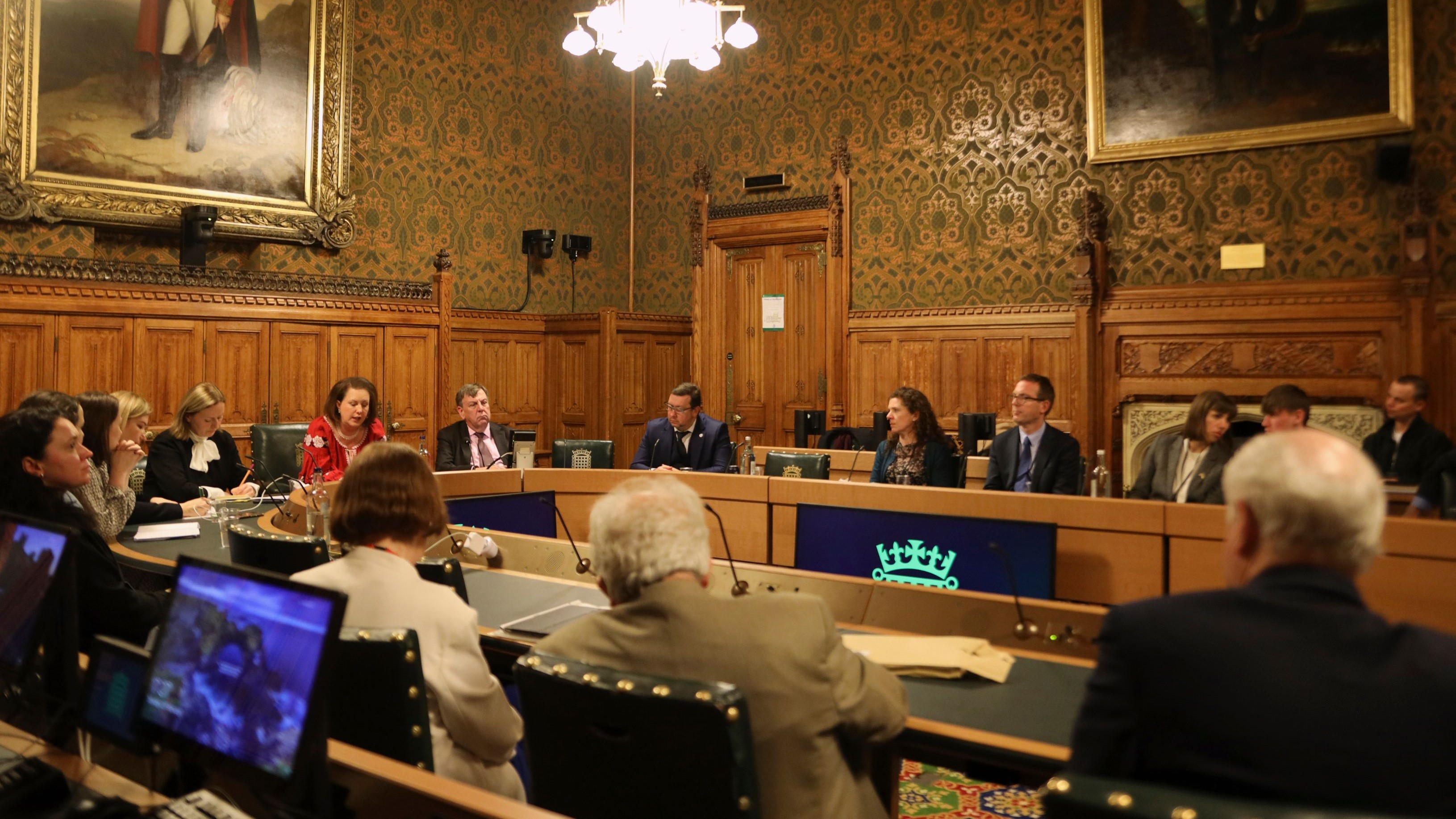
One of the important and powerful meetings was with Tom Tugendhat, MP, who serves as the Minister for Security in the UK Government. Specifically, this was already the third personal meeting between Tugendhat and Olga Aivazovska in such a format. The discussion revolved around supporting the investigation of war crimes committed by Russian occupying forces against Ukrainian citizens and assisting in ensuring justice in various jurisdictions, as well as providing political and diplomatic support to partners. “We have signed a 100-year agreement and will support Ukraine and its people,” — Tom Tugendhat stated. Olga Aivazovska briefed him on the latest achievements of the Center for War Crimes Documentation by OPORA in Warsaw, which Tugendhat visited in early 2023. They agreed on a new stage of cooperation. Members of the Ukrainian delegation also urged the Minister to support the #MakeRussiaPay initiative, the goal of which is the confiscation of frozen Russian assets and their transfer to Ukraine. After all, every penny of Russian funds in Europe should work for the security of Europe, of which Ukraine is an integral part.
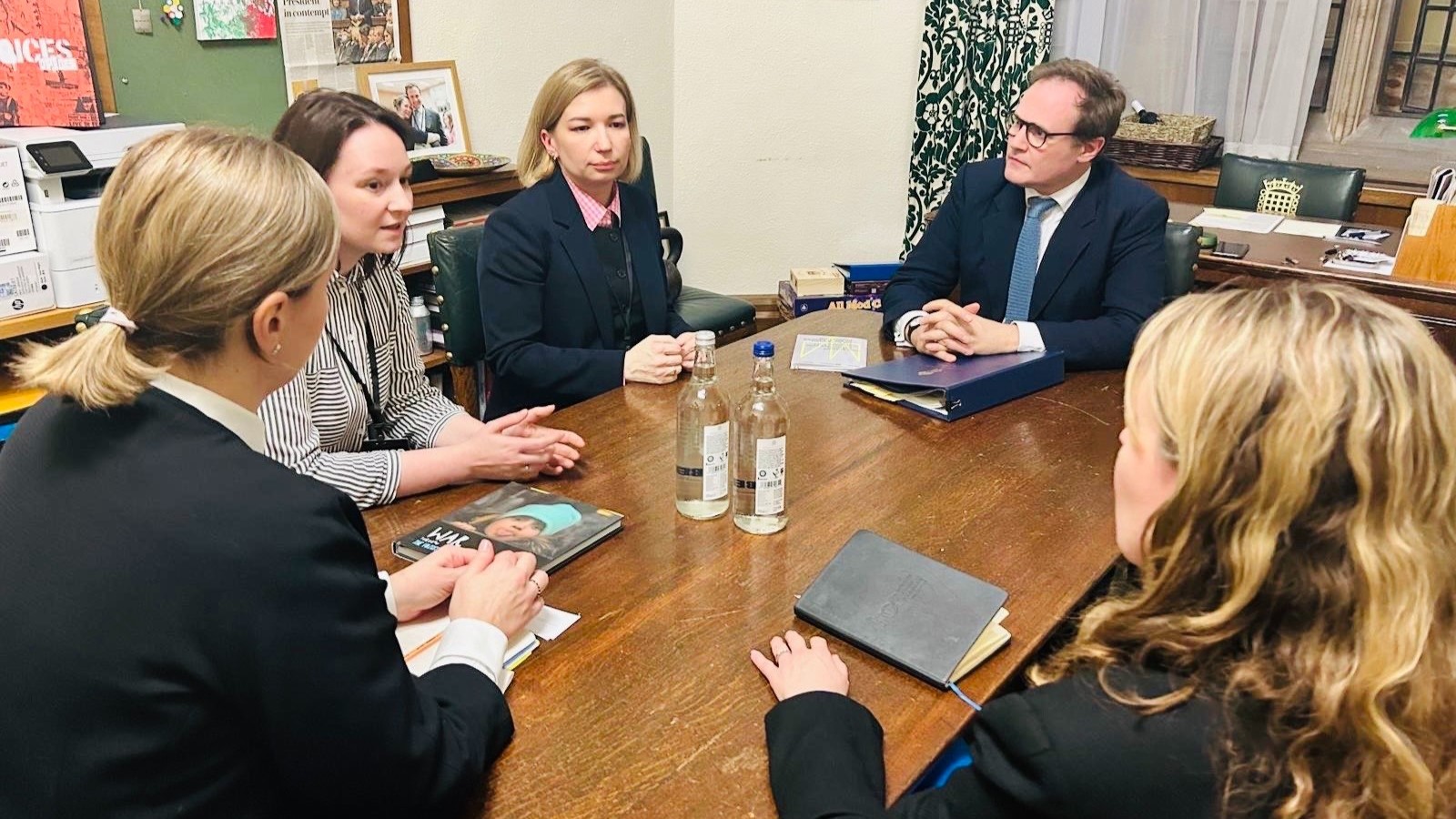
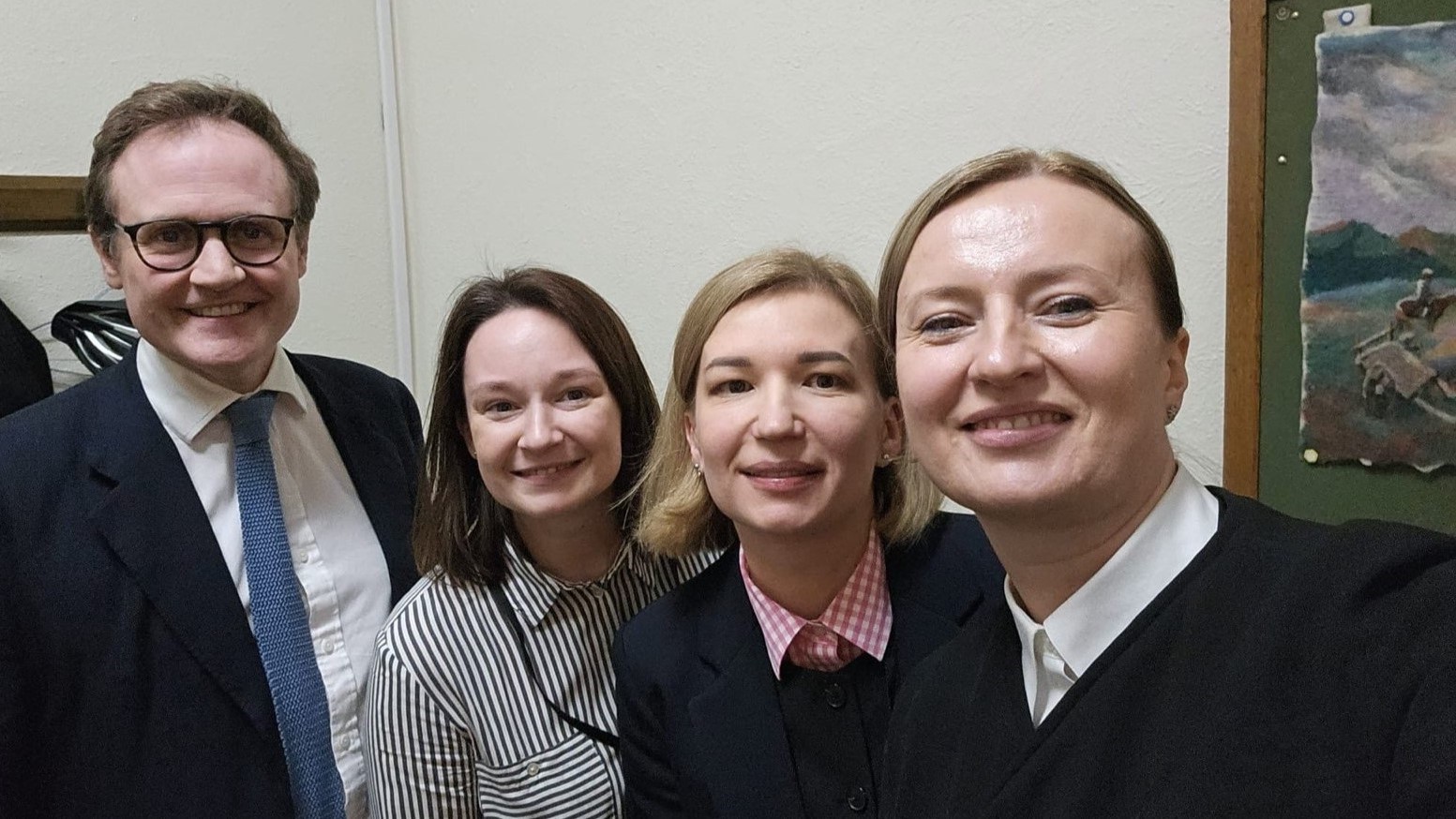
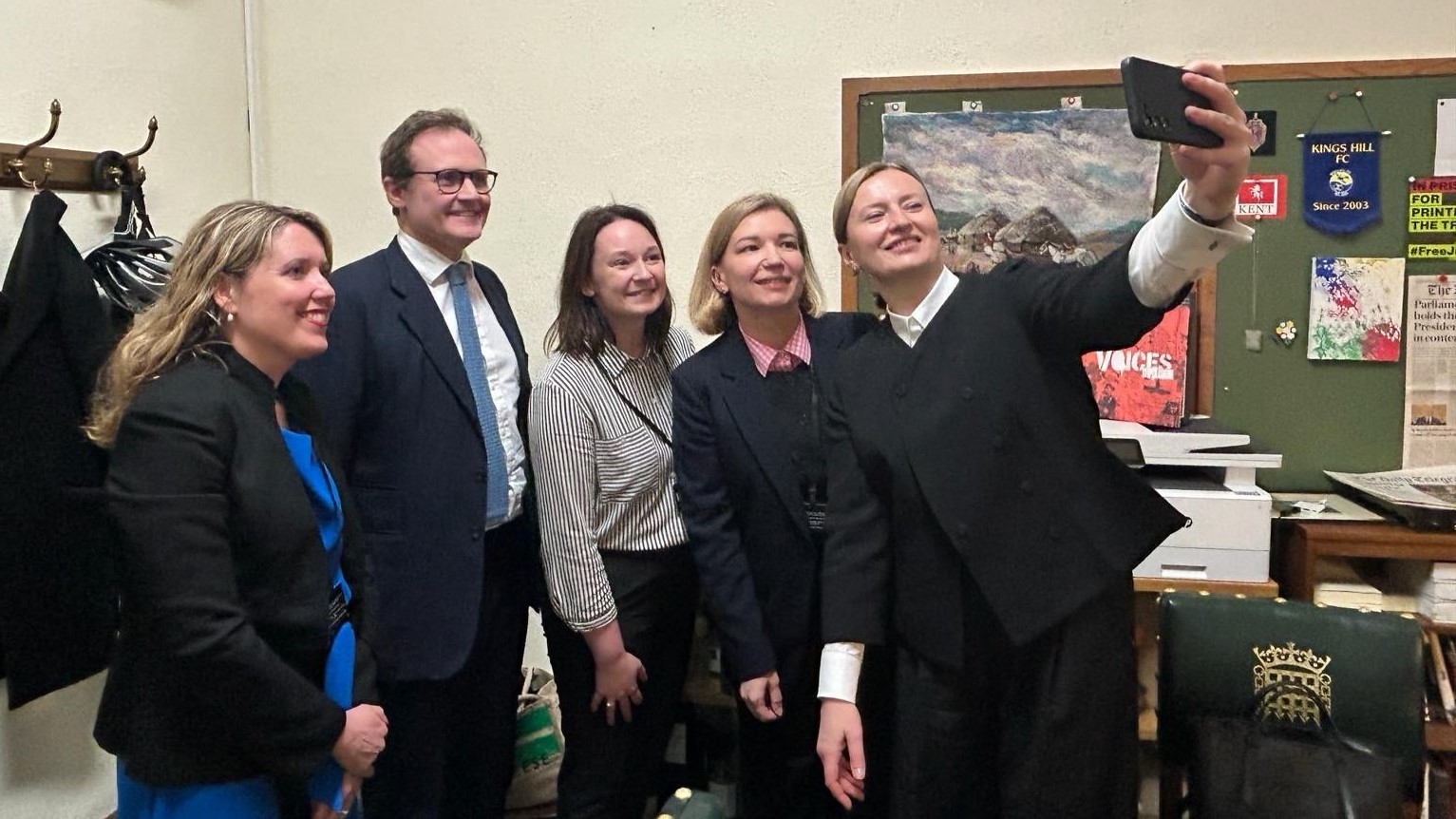
OPORA`s chairperson Olga Aivazovska noted during the parliamentary hearings on February 19th: “Russia is systematically committing war crimes and crimes against humanity on the territory of Ukraine. Its aim is not only to break the unified security system of the Western world or international law but also to create intolerable living conditions for the civilian population and to drive the Ukrainian people out of their homes. The migration waves that began with the full-scale invasion were intensified by shelling critical energy infrastructure. In four months of shelling and blackouts, we irreversibly lost 1.8 million citizens. Just as President Putin testified alongside Olga Lvov-Belova about the kidnapping and illegal adoption of Ukrainian children, so did spokesman Sergei Peskov confirm that these shelling attacks were aimed at systematic suffering for the Ukrainian people. Conversely, the daily shelling of Kyiv in May of last year did not lead to migration waves because the energy system was stable, and the city was provided with air defense means. We are convinced that the Government of Great Britain, politicians, and citizens understand that without justice and punishment for those responsible for these crimes, the war will not end on the battlefield, so investing in justice is a contribution to lasting peace. Also, the money of Russian oligarchs should work in the interests of Ukraine: from Roman Abramovich’s 3.2 billion to over 300 billion in frozen assets of the Central Bank of the Russian Federation.”
